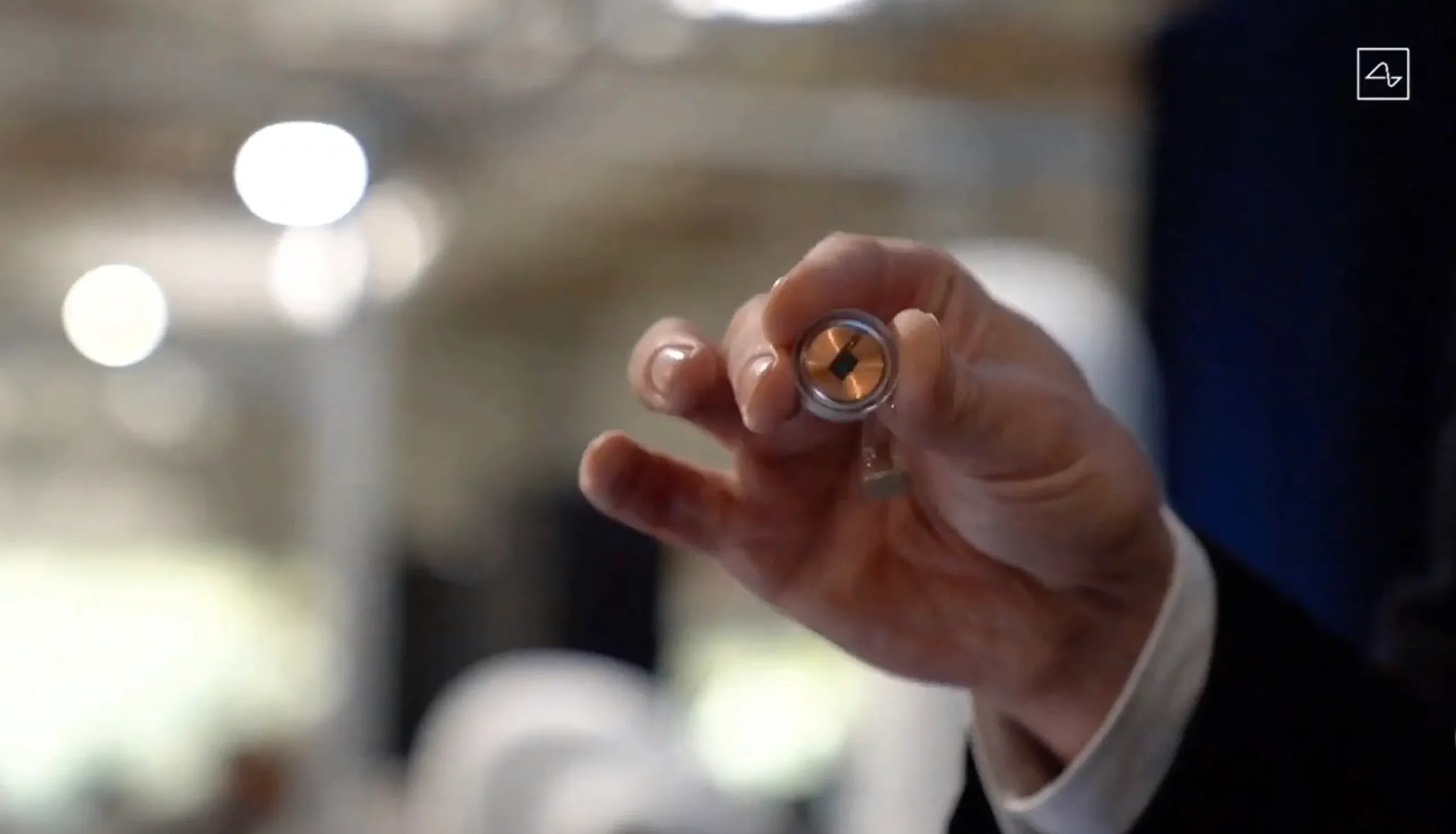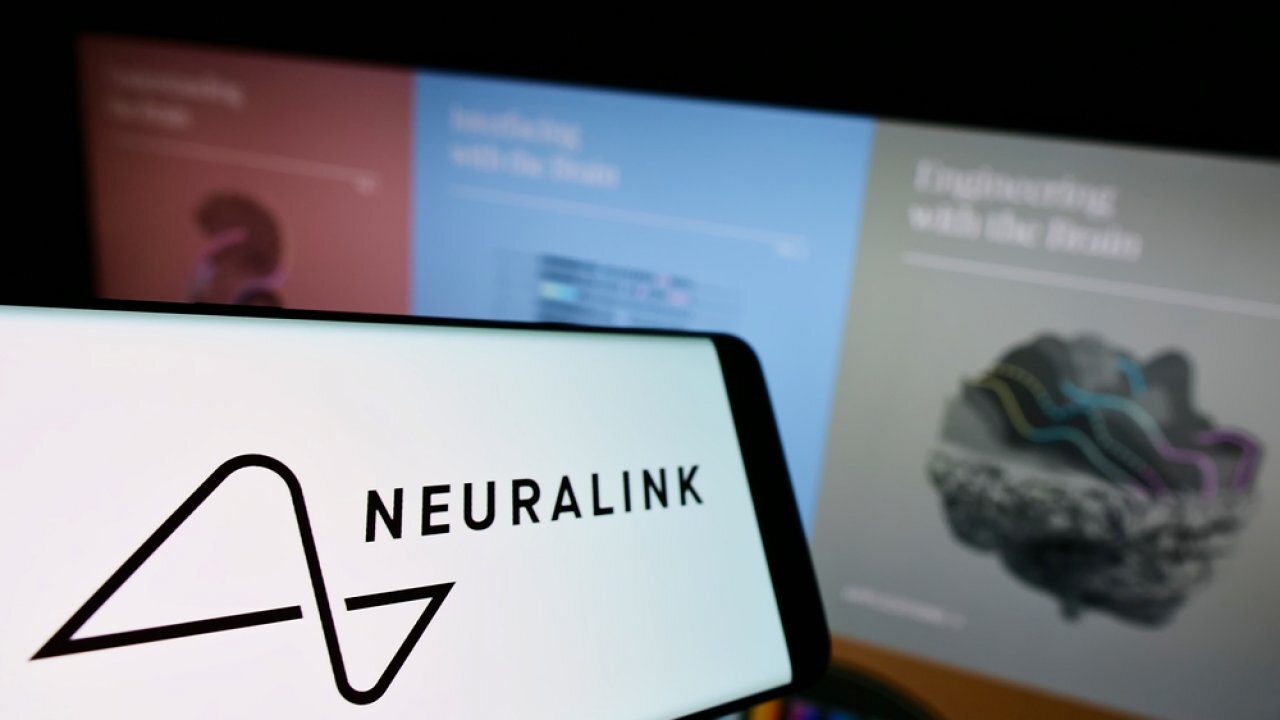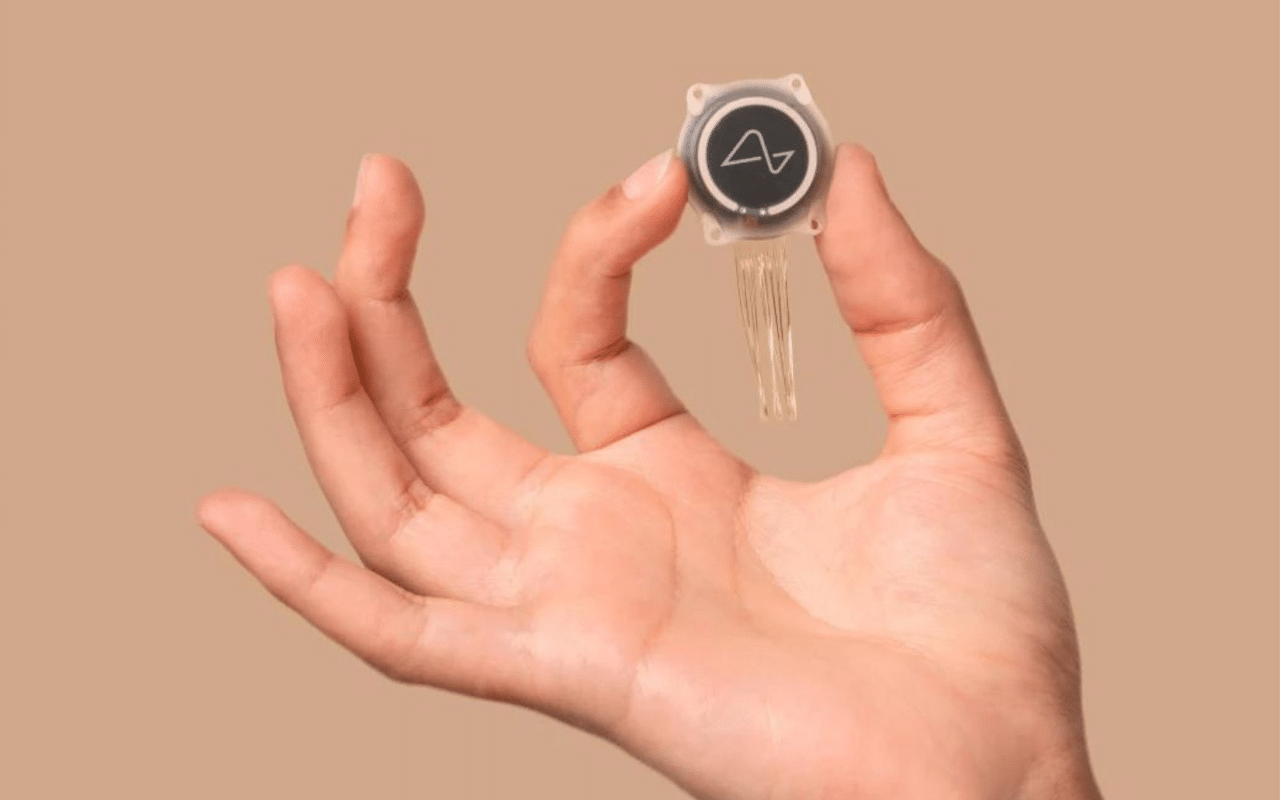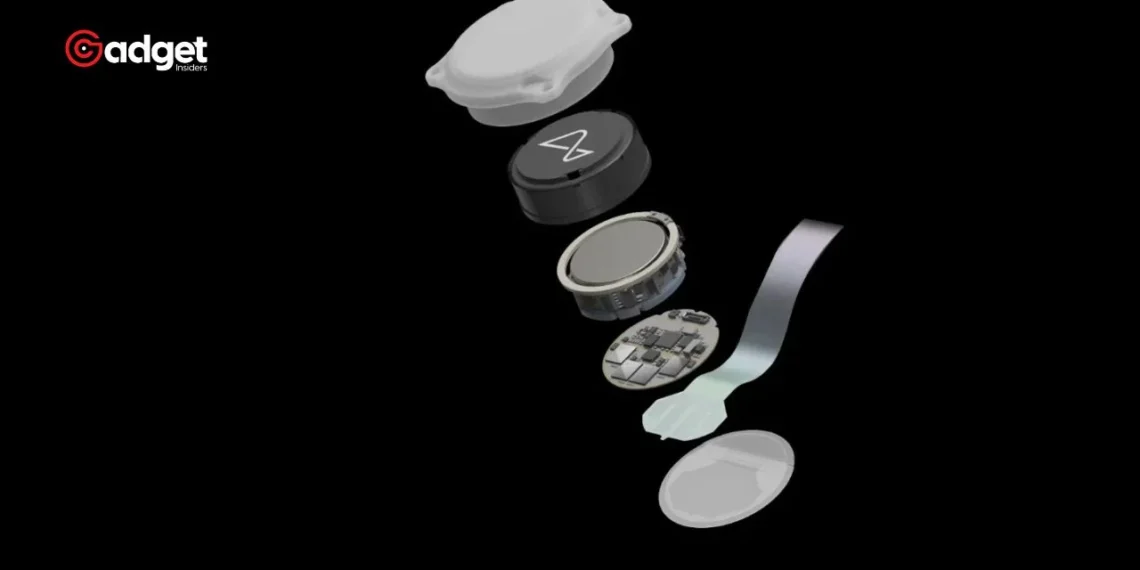Elon Musk’s ambitious startup Neuralink, initially established in 2016 by the visionary Tesla CEO, has achieved a significant milestone. The Food and Drug Administration (FDA) has recently authorized the company to proceed with implanting its innovative brain chip in a second patient.
This marks a pivotal moment not only for Neuralink but also for the field of neuroscience and medical technology, promising potential advancements in treating neurological disorders and enhancing human cognitive capabilities.

The Promise of Neuralink: Beyond the Horizon
Neuralink’s technology, which involves a brain-computer interface (BCI), is designed to facilitate direct communications between the human brain and external devices. The approval from the FDA to expand their trials to include a second patient demonstrates a growing confidence in the safety and potential efficacy of this groundbreaking technology.
Elon Musk, known for his ventures that push the boundaries of technology and innovation, has often spoken about the broader implications of Neuralink’s success. The technology could lead to significant breakthroughs in understanding and treating neurological conditions such as Alzheimer’s disease, spinal cord injuries, and even mental health disorders.
Moreover, Musk envisions a future where such interfaces could augment human cognitive abilities, a prospect that both excites and raises ethical questions.

Ethical Considerations and the Road Ahead
As Neuralink progresses with its clinical trials, the ethical implications of brain-computer interfaces are drawing attention from the scientific community and the public alike. The potential to alter or enhance human cognition through technology invites a host of ethical questions that will need to be addressed as this technology evolves.
How will privacy be protected when thoughts can potentially be accessed or shared digitally? What are the long-term impacts on individuals’ psychological well-being? These are just a few of the considerations that highlight the need for rigorous ethical oversight as we step into this new frontier.

Conclusion: A New Chapter Begins
With the FDA’s approval for a second patient implant, Neuralink is setting the stage for what could be a transformative era in medical science and human-machine interaction.
As we watch this exciting technology develop, it remains imperative to balance innovation with ethical responsibility, ensuring that advances in neuroscience benefit humanity while safeguarding individual rights and dignity. The journey of Neuralink is just beginning, and its path could reshape our understanding of the human mind and its capabilities.
Elon Musk’s Neuralink is not only advancing the possibilities within neuroscience but is also shaping a future where technology and the human condition intersect more profoundly than ever before. As the trials progress and more data becomes available, the world watches eagerly, anticipating the next chapter in this remarkable venture.


